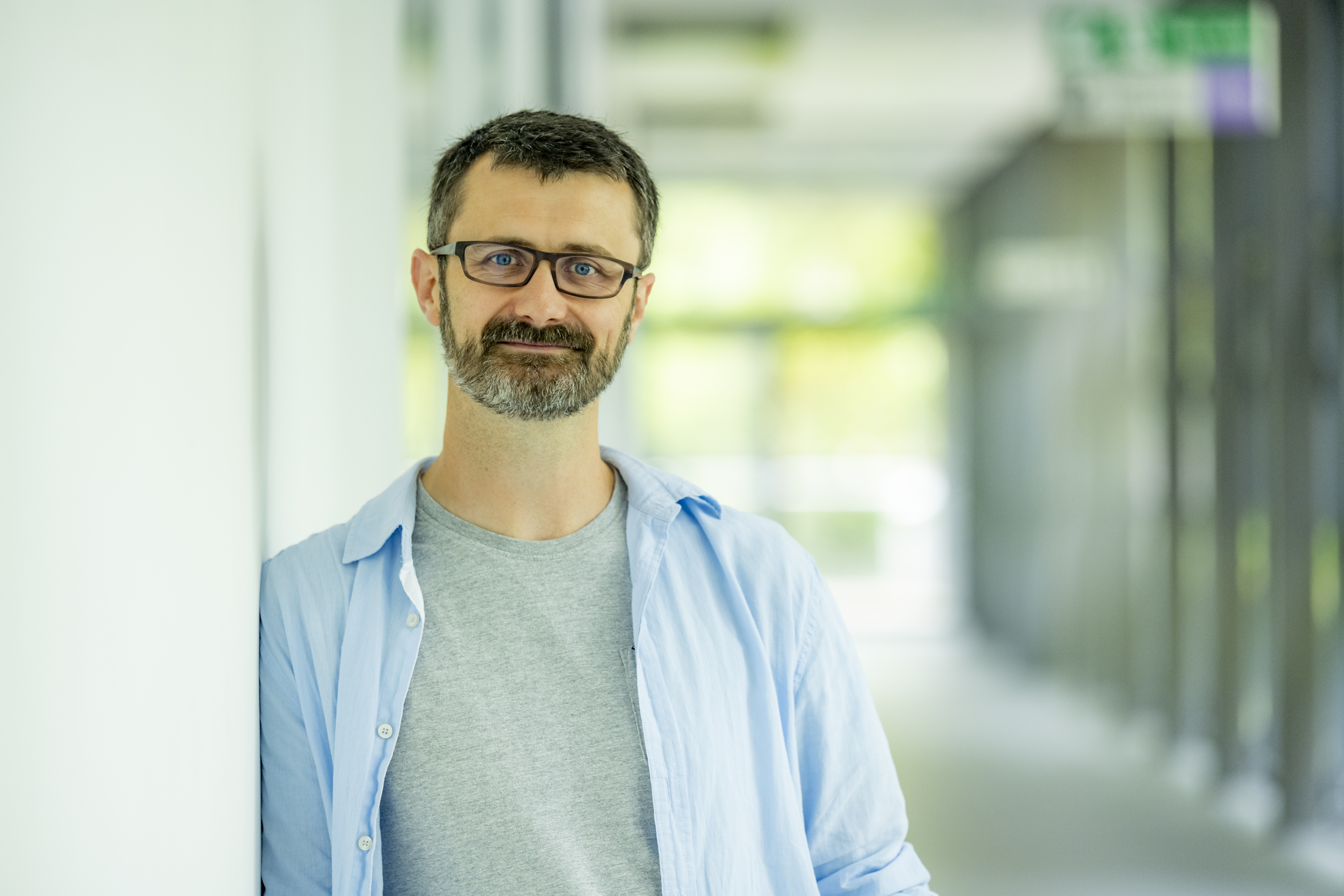Summer School on Experimental Methodology in Computational Science Research
Posted on 6 June 2014
Summer School on Experimental Methodology in Computational Science Research
St Andrews, Scotland, UK. Monday 4 August to Friday 8 August 2014.
The purpose of this summer school is to bring together interested computer scientists and other researchers who work in the broadly-defined area of computational science, and to explore the state-of-the-art in methods and tools for enabling reproducible and recomputable research. Reproducibility is crucial to the scientific process; without it researchers cannot build on findings, or even verify these findings. The development and emergence of new tools, hardware and processing platforms means that reproducibility should be easier than ever before. But to do so, we also need to effect “a culture change that will integrate computational reproducibility into the research process”.
The school will be hands on, comprising lectures, tutorials and practical sessions in topics including statistical methods, using cloud computing services for conducting and sharing reproducible experiments, methods for publishing code and data, legal issues surrounding the publication and sharing of code and data, and generally the design of experiments with replication in mind. Speakers include academics from mathematics, computer science and law schools, and other researchers and industrial speakers from Microsoft Azure, the Software Sustainability Institute and more. Practicals will include the replication of existing experiments and a hackathon to improve tools for replication. The aim of the school will be to create a report that will be published in arXiv by the end of the week, and in a suitable journal later on.
To register online, and pay full or non-residential costs, please use the EMCSR 2014 entry in the University of St Andrews Online Shop.
Speakers
- Ian Gent (St Andrews): Reproducibility in Computer Science
- Tristan Henderson (St Andrews): Data Sharing: the good, the bad and the ugly
- Neil Chue Hong (Software Sustainability Institute), TBC
- Darren Kidney (St Andrews): Data Analysis using R
- Olexandr Konovalov (St Andrews): Title TBA
- Lars Kotthoff (University College Cork): Recomputation
- Miguel Nacenta (St Andrews): Experimental Methodology in HCI Research
- Burkhard Schafer (Edinburgh): Legal Issues in Computer Science
- Kenji Takeda (Microsoft Research Cambridge), TBC
Audience
The intended audience of the summer school is researchers doing computational experiments, or who might do so in the future. One audience is therefore almost all computer scientists, but we also welcome scientists from other disciplines in which computational experiments play a key role – which is almost all of science! The school is open to all researchers interested in computational scientific experiments. PhD students, Postdoctoral researchers, academic faculty, and non-academic researchers are all welcome to attend. Participants are expected to have familiarity with programming (in at least one programming language but not a specific one), version control systems such as git or mercurial, and UNIX command line interfaces.
Bring an Experiment!
Participants are expected to bring to the school the suggestion of a computational experiment to be reproduced as part of the summer school. Requirements for experiments to bring are that:
- The experiment should be either from a published paper or, if unpublished, you should have the agreement of all authors concerned for this activity including the publication of a replication.
- The paper should appear to be reproducible without major domain-specific work at the summer school. This condition is met if, for example, all code concerning the paper is available on an open source basis. But this summer school is not the place for re-implementing specialist algorithms.
At the end of the summer school, replications will be published and (where possible) released on recomputation.org.
Hackday
At the end of the week, participants will work in groups to build tools or resources to encourage reproducible experiments and to make them easier to perform.
Registration
A limited number of free places are available to PhD students in Computer Science at Scottish Universities. Students wishing to apply for one of these places should not register online but should email and request a free place, and also ask their PhD supervisor to email a recommendation that they should take part. Applicants should apply by 20 June.
Otherwise, for the online registration for the event and paying full or non-residential costs, please use the EMCSR 2014 entry in the University of St Andrews Online Shop.

